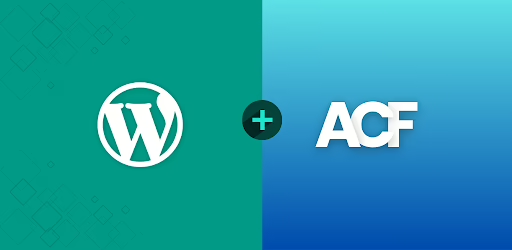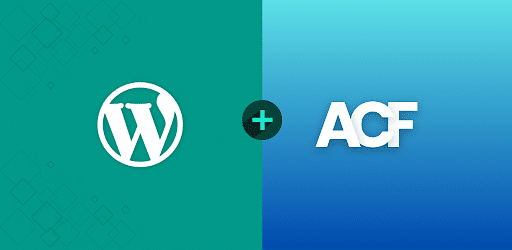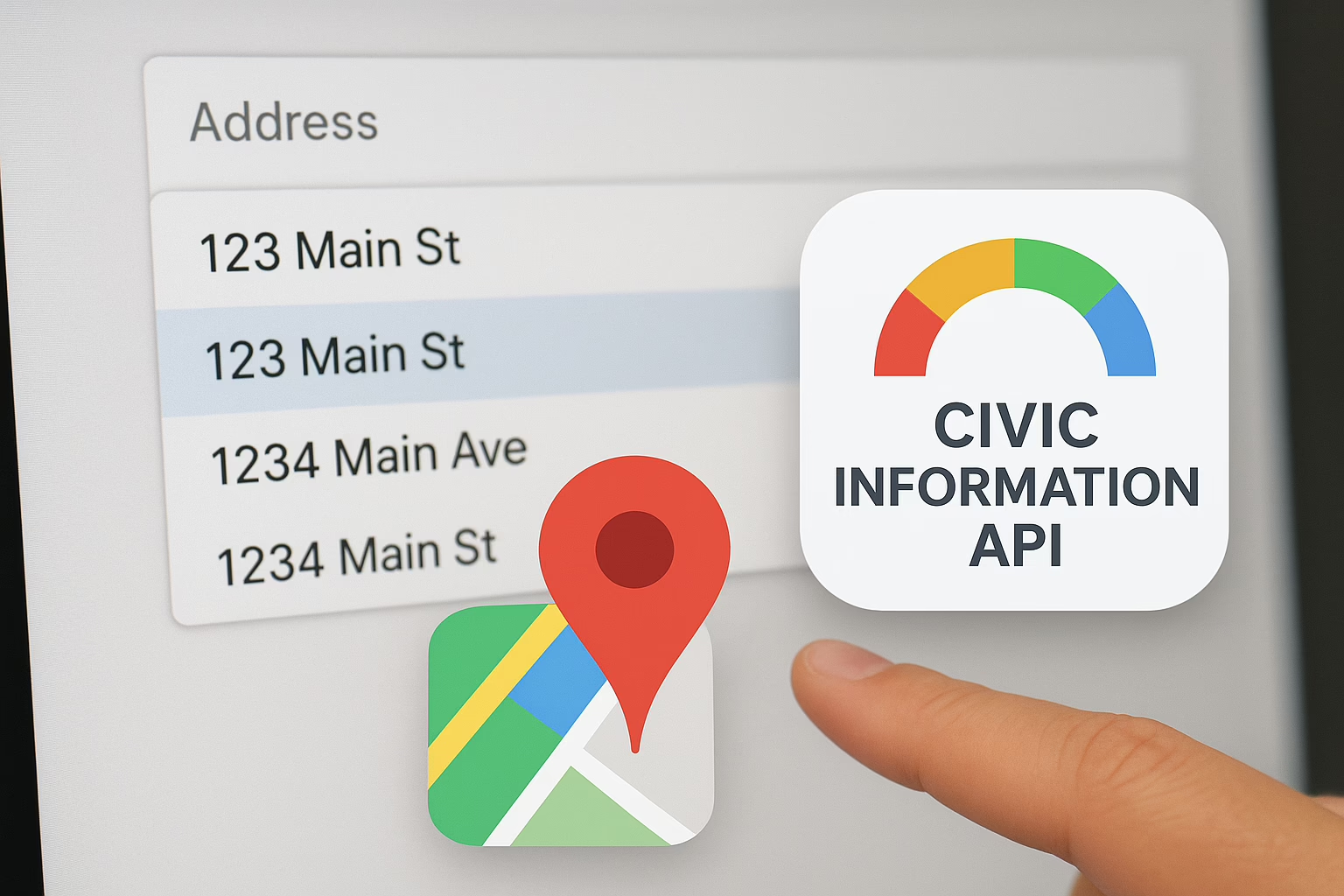The Advanced Custom Fields (ACF) plugin is essential for those looking to Customize WordPress Website effectively. It helps the users who are seeking full control over their website’s content. ACF enables you to create, manage, and showcase custom fields, allowing for highly dynamic and customized WordPress website designs.
Why Choose ACF for Customize WordPress Website?
ACF stands out due to its flexibility and user-friendly design, making it an excellent choice for WordPress users.
- Customize Website Features: Add fields tailored to specific content types, such as portfolios, team members, or testimonials.
- Streamline Content Management: Enable non-technical users to manage complex layouts with intuitive forms easily.
- Elevate Visual Appeal: Seamlessly integrate custom field data into your theme, ensuring a sleek and professional appearance.
Step-by-Step Guide to Customize WordPress Website with ACF
Step 1: Install and Activate the ACF Plugin
- Log in to the WordPress dashboard.
- Go to Plugins > Add New.
- Search for Advanced Custom Fields, then click Install Now.
- After the installation, click Activate to enable the plugin.
Step 2: Create and Manage Custom Field Groups
Organize custom fields by creating field groups tailored to needs:
- Navigate to Custom Fields > Add New.
- Give the field group a meaningful name, such as “Portfolio Details.”
- Add various fields to the group:
- Text Field: For entering project titles.
- Image Field: To upload project thumbnails.
- Repeater Field (Pro): Ideal for adding multiple project details dynamically.
- Configure the “Location” rules to determine where this field group will appear (e.g., portfolio posts).
Step 3: Integrate Custom Fields into the Theme
To showcase the custom fields on the website, utilize ACF’s helper functions, such as the_field() or get_field(), in theme templates.
<?php if( have_rows('portfolio_projects') ): ?>
<div class="portfolio">
<?php while( have_rows('portfolio_projects') ): the_row(); ?>
<div class="project">
<h3><?php the_sub_field('project_title'); ?></h3>
<img src="<?php the_sub_field('project_image'); ?>" alt="<?php the_sub_field('project_title'); ?>">
<p><?php the_sub_field('project_description'); ?></p>
</div>
<?php endwhile; ?>
</div>
<?php endif; ?>
Customization Ideas with ACF
1. Custom Homepages
ACF can be used to create editable homepage sections, such as banners, testimonials, or featured content.
- Field Types to Use: Image, WYSIWYG Editor, Repeater.
- Customization: This setup allows for image uploads for banners, dynamic addition of testimonials, and easy management of featured sections without requiring theme code modifications.
<div class="banner">
<img src="<?php the_field('banner_image'); ?>" alt="Homepage Banner">
<h1><?php the_field('banner_heading'); ?></h1>
<p><?php the_field('banner_subtext'); ?></p>
</div>
2. Product Pages
For e-commerce websites, ACF can enhance product pages by adding extra details such as specifications, FAQs, or care instructions.
- Field Types to Use: Text, Number, Repeater, Accordion (Pro).
- Customization: Display technical specifications or create expandable FAQ sections for a better user experience.
<div class="product-details">
<h2>Specifications</h2>
<?php if( have_rows('product_specs') ): ?>
<ul>
<?php while( have_rows('product_specs') ): the_row(); ?>
<li><?php the_sub_field('spec_name'); ?>: <?php the_sub_field('spec_value'); ?></li>
<?php endwhile; ?>
</ul>
<?php endif; ?>
</div>
3. Team Pages
Create an engaging team page featuring fields for names, roles, biographies, and photos.
- Field Types to Use: Text, Image, WYSIWYG Editor.
- Customization: Incorporate hover effects or modals to showcase additional details for each team member.
<div class="team">
<?php if( have_rows('team_members') ): ?>
<?php while( have_rows('team_members') ): the_row(); ?>
<div class="team-member">
<img src="<?php the_sub_field('photo'); ?>" alt="<?php the_sub_field('name'); ?>">
<h3><?php the_sub_field('name'); ?></h3>
<p><?php the_sub_field('role'); ?></p>
</div>
<?php endwhile; ?>
<?php endif; ?>
</div>
This customization approach ensures a dynamic and interactive team page, where additional member details can be displayed seamlessly through design elements like hover effects or modals.
ACF Pro Features for Advanced Customization
Repeater Fields
Repeater fields enable the creation of multiple sets of fields dynamically, ideal for content types like testimonials, FAQs, or galleries.
Flexible Content
This feature allows the creation of flexible layouts with various sections, such as text blocks, images, or videos, which can be reordered as required.
ACF Blocks
Custom blocks can be built for the Gutenberg editor, simplifying content editing for clients while maintaining flexibility and structure.
Best Practices for ACF Customization
- Plan Content Structure: Design the content structure before creating fields to minimize the need for future adjustments.
- Use Clear and Consistent Field Names: Ensure field names are descriptive and consistent to make it easier for both developers and editors to manage.
- Utilize ACF Pro Features: Take advantage of advanced features for enhanced dynamic content management.
- Maintain Clean Code: Organize field logic and layout code by using template files and adopting modular coding practices.
- Optimize Website Performance: Cache field queries when possible to improve site speed and performance.
Conclusion
The ACF plugin unlocks a vast array of possibilities for customized WordPress websites. From minor adjustments to complex layouts, it enables developers and content managers to create unique, user-friendly experiences. With its broad range of field options, intuitive interface, and seamless integration, ACF stands as the ultimate tool for WordPress customization.








